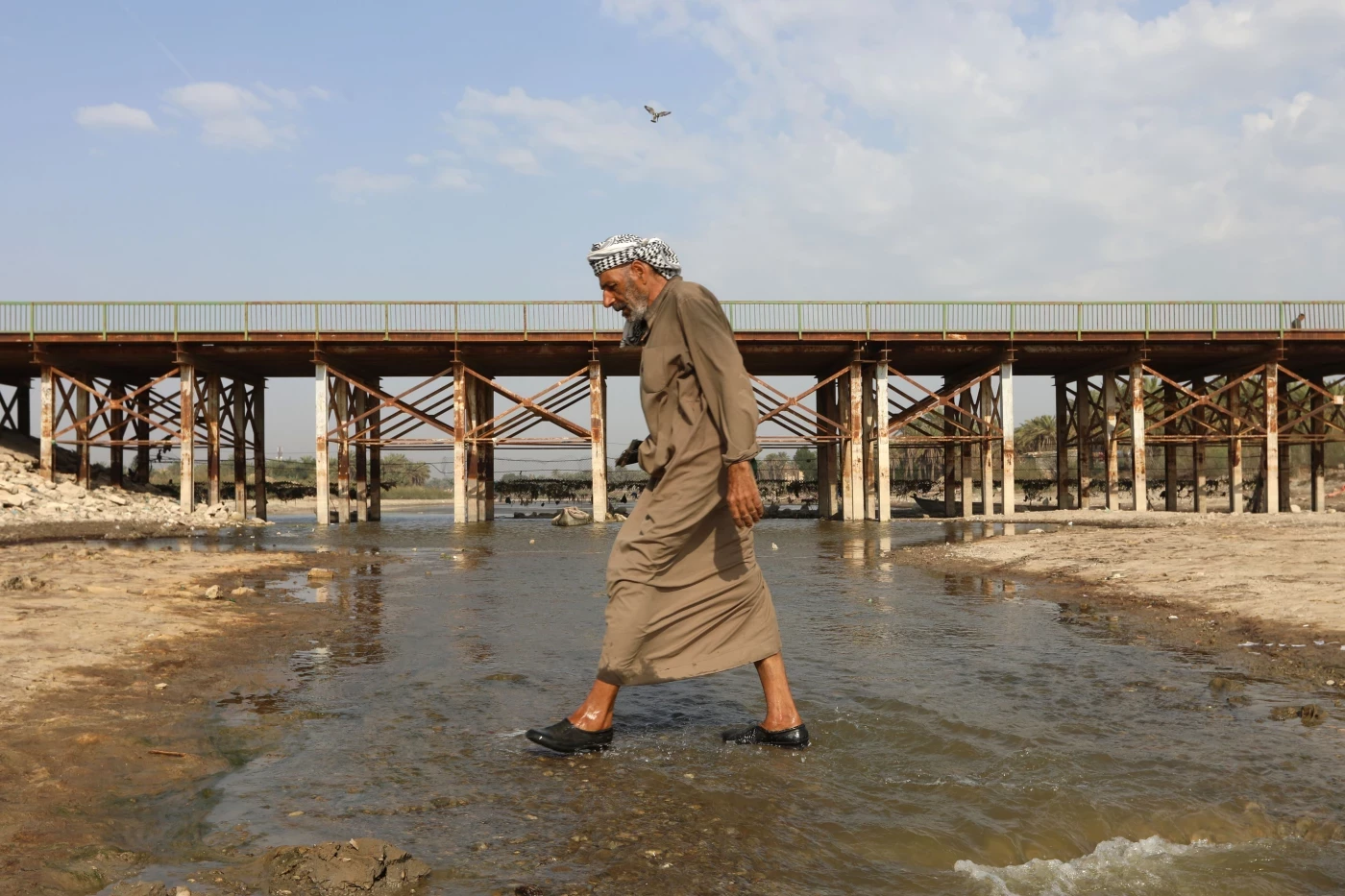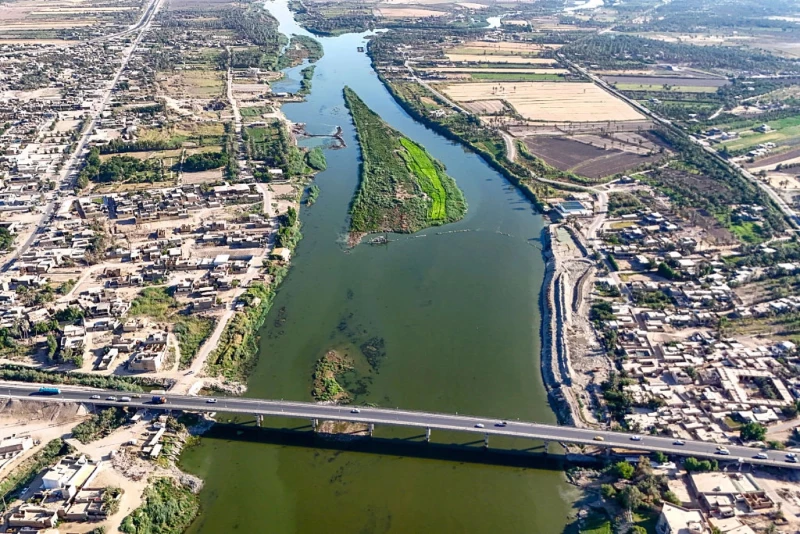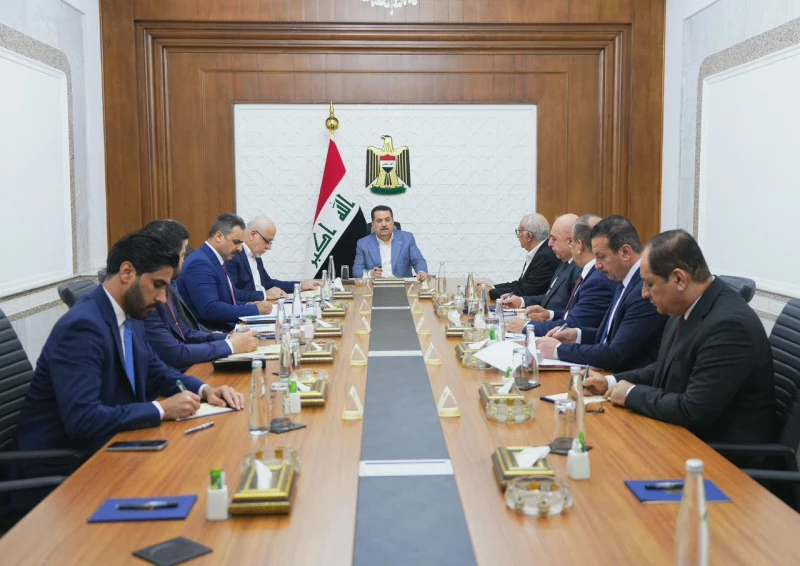ERBIL, Kurdistan Region of Iraq – Iraq’s water resources ministry said on Tuesday that water levels in Iraq’s major Tigris and Euphrates rivers are expected to drop soon due to a decrease in releases from upstream countries and climate change.
“The coming days will witness a drop in water levels of the Tigris and Euphrates rivers due to natural and seasonal factors,” ministry spokesperson Khaled Shamal told The New Region, adding that “precautionary measures” have been enacted to reduce the repercussions and ensure continued flow.
Iraq has long struggled with dangerously low water levels due to the upstream damming of its rivers by Turkey and Iran and the withholding of the precious resource, causing hundreds of families from the southern provinces to emigrate as water quality deteriorates.
Shamal attributed the drop to “declining water releases from upstream countries and the impact of climate change, represented by rising temperatures and increased evaporation rates.”
The water resources ministry has enacted several measures, such as regulating water releases from dams and enhancing cooperation with local authorities “to implement a consumption rationalization program and monitor water use,” according to Shamal, noting that diplomatic efforts with neighboring countries to secure more releases are ongoing.
Ahmed al-Saadi, a water and environment expert, told The New Region that Baghdad’s “inability” to secure its fair share of releases from upstream countries has exacerbated the crisis.
“Iraq is going through a critical phase that threatens water, food, and environmental security alike,” he warned. “The decline in water releases from Turkey and Iran to less than half of normal levels in recent years has led to the drying up of vast areas of agricultural land and a decrease in water reserves in dams.”
He further censured Baghdad’s negotiations with Ankara and Tehran as lacking “genuine cooperation,” saying they “did not lead to a binding agreement guaranteeing equitable water quotas.”
“Iraq needs stronger diplomatic action and a clear legal framework based on the principles of water justice and equitable water sharing,” Saadi asserted.
On Saturday, Iraq’s foreign ministry said it reached an understanding with Turkey to develop solutions for Iraq’s water crisis, following a meeting between top diplomat Fuad Hussein and his Turkish counterpart Hakan Fidan.
In July, Iraqi authorities announced that Turkey agreed to release an additional 420 cubic meters of water per second to Iraq from the upstream portions of the Tigris and Euphrates rivers.
But despite the agreement, water shortages persist, threatening the livelihoods of millions of residents and worsening an already severe crisis. Turkey has built about 20 dams over four decades, holding roughly 80 billion cubic meters of water – eight times the capacity of Iraq’s Mosul Dam, the country’s largest.



 Facebook
Facebook
 LinkedIn
LinkedIn
 Telegram
Telegram
 X
X


